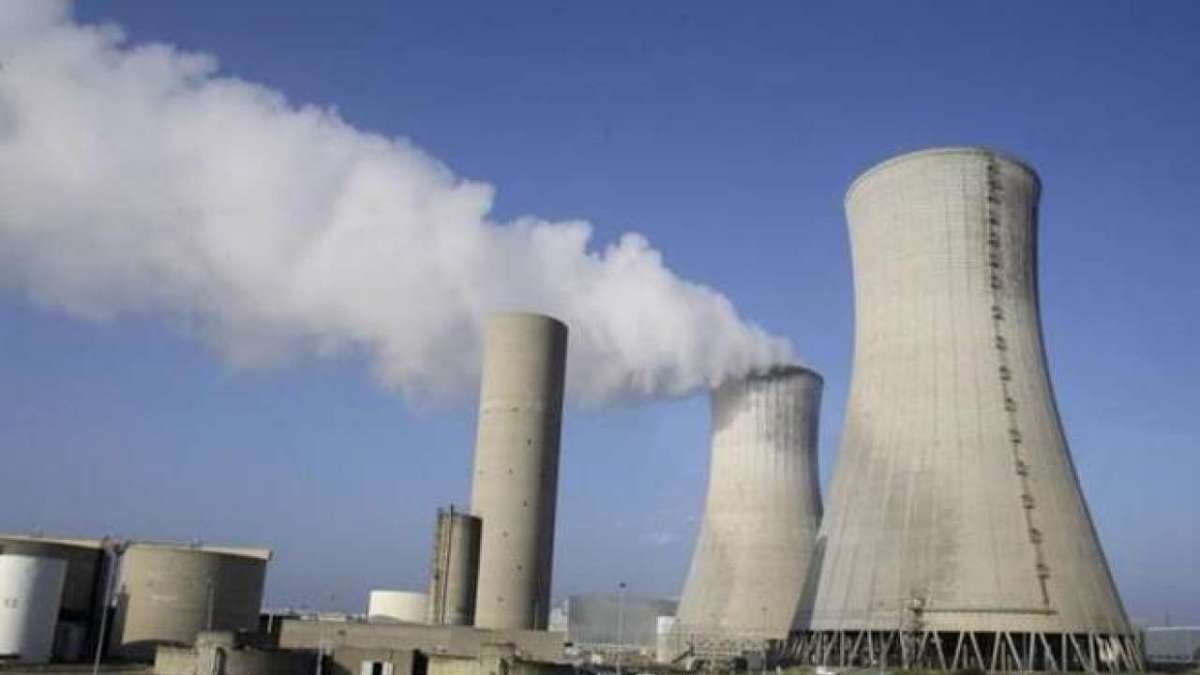India operates 24 nuclear power reactors. The Nuclear Power Corporation India Limited (NPCIL) is progressing on 21 additional reactors, totaling 15,300 MW, at various stages of implementation…reports Asian Lite News
India is set to significantly expand its nuclear power capacity, with a plan to increase the current installed capacity from 8,180 MW to 22,480 MW by 2031-32. This ambitious growth plan was announced by Dr. Jitendra Singh, Union Minister of State (Independent Charge) for Science and Technology, Earth Sciences, and other key departments, in a written reply to the Rajya Sabha on July 25, 2024.
Dr. Singh outlined the country’s strategy to transition towards a Net Zero energy future by 2070, noting that studies suggest a national nuclear capacity of 100,000 MW by 2047. He emphasized that these recommendations are being considered for future adoption to align with India’s long-term energy goals.
Over the past decade, India has made significant strides in nuclear energy, with its capacity increasing by over 70 percent. The installed nuclear power capacity rose from 4,780 MW in 2013-14 to the current 8,180 MW. Correspondingly, annual electricity generation from nuclear power has surged from 34,228 million units in 2013-14 to 47,971 million units in 2023-24.
Currently, India operates 24 nuclear power reactors. The Nuclear Power Corporation India Limited (NPCIL) is progressing on 21 additional reactors, totaling 15,300 MW, at various stages of implementation. Among these, nine reactors with a combined capacity of 7,300 MW are under construction, including the Prototype Fast Breeder Reactor (PFBR) by Bharatiya Nabhikiya Vidhyut Nigam Limited (BHAVINI). Additionally, twelve reactors with a total capacity of 8,000 MW, including two Fast Breeder Reactors (FBR) by BHAVINI, are in pre-project activities.
The expansion of nuclear power capacity is a critical component of India’s energy transition strategy, contributing to both energy security and sustainability goals.
ALSO READ-India to Partner with Private Sector on Small Nuclear Reactors


